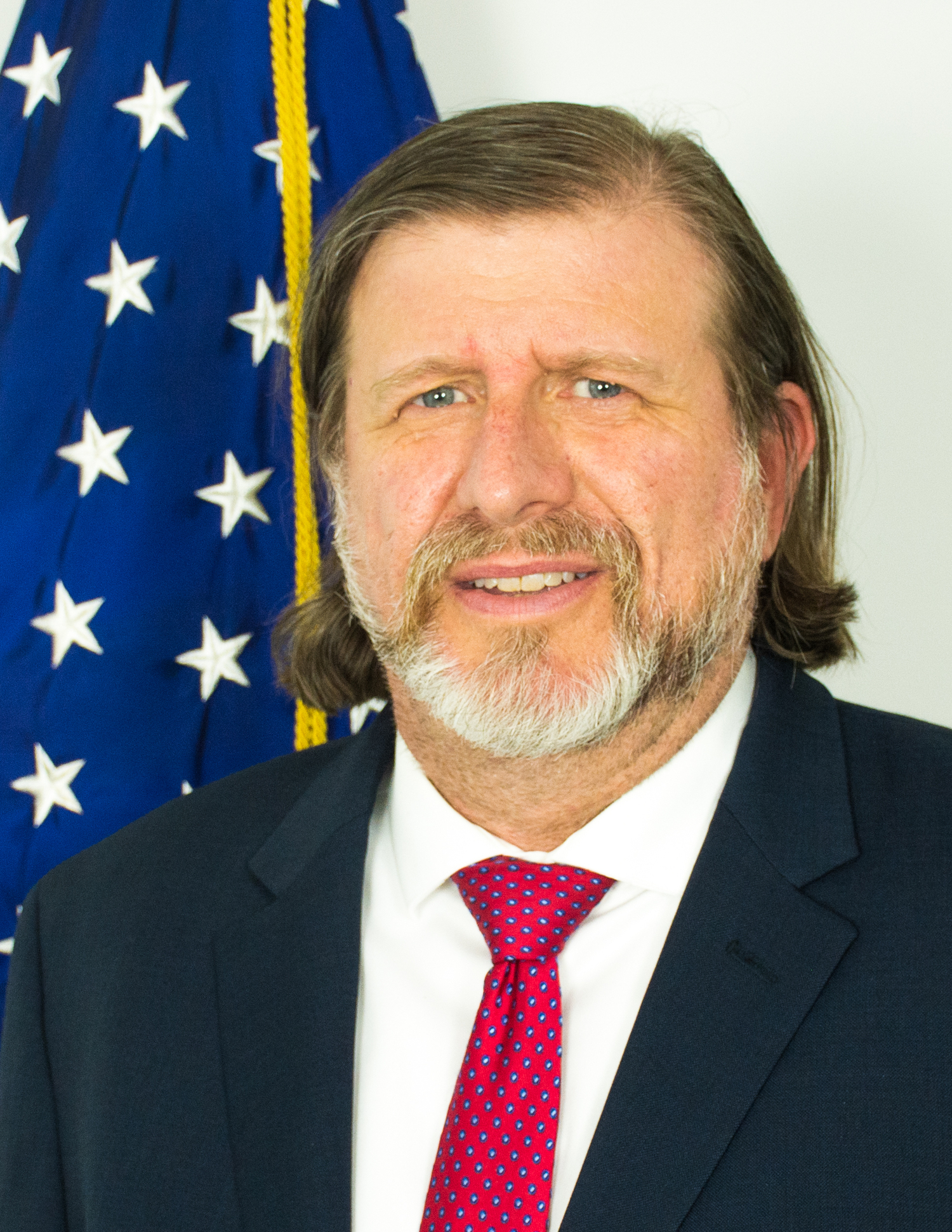
Lessons from 2020: Examining Person-Centered Data Pre and Post COVID and Older Adult Behavioral Health in the Time of the Pandemic
T3: Deep Dive Presentations
Lessons from 2020: Examining Person-Centered Data Pre and Post COVID
Stephanie Giordano and Rosa Plasencia
COVID-19 laid bare many inequities in the service system, exasperated social isolation among older adults, and helped lift the veil on mental health challenges experienced by many people. We will explore mental heath, social isolation, and other wellness indicators among older adults pre- and post-2020. Discussions will focus on who is most impacted, and responses to support improved wellness.
At the end of this session, participants will be able to:
- Demonstrate through data how COVID-19 has impacted mental health and social isolation amongst older adults
- Engage in discussion on who was most impacted, and discuss how data trends have changed in wellness of older adults over the last three years
- Examine the implications and responses to mental health and social isolation, specifically from the perspective of publicly funded social services
Deep Dive: Older Adult Behavioral Health in the Time of the Pandemic
Karina Aguilar and Eric Weakly
By 2030, one-in-five people in the U.S. will be age 65 or over. As the number of older adults continues to grow, addressing the mental health and substance use disorder needs of this population will be paramount. During the height of the pandemic and currently, behavioral health has been a national focus. This session will provide an overview what is known about the current state of older adult behavioral health. Presenters will share new resources and technical expertise opportunities. For this session, the presentation will focus on mental health, suicide prevention, and substance use/misuse. The presenters will also discuss the importance of recovery.
At the end of this session, participants will be able to:
- Discuss data regarding the behavioral health of older adults.
- Review available resources pertinent to assisting older adults with behavioral health treatment needs.
- Discuss practical tips for older adults and caregivers regarding mental health and substance use.

Kathleen Cameron (Moderator)
Senior Director, Center for Healthy Aging
National Council on Aging
Kathleen Cameron, BSPharm, MPH, has more than 25 years of experience in the health care field as a pharmacist, researcher, and program director focusing on falls prevention, geriatric pharmacotherapy, mental health, long-term services and supports, and caregiving. Cameron is Senior Director of the NCOA Center for Healthy Aging, where she provides subject matter expertise on health care programmatic and policy related issues and oversees the Modernizing Senior Center Resource Center.

Stephanie Giordano PhD
Director of NCI-AD
HSRI
Dr. Giordano is the Director of NCI-AD from Human Services Research Institute and the Training and Quality Assurance Coordinator for NCI-AD, as well as NCI. She holds a PhD from Northeastern University and a Master’s Degree in Ethics and Public Policy from Suffolk University.

Rosa Plasencia JD
Director, NCI-AD
ADvancing States
Rosa Plasencia is the Director of NCI-AD at ADvancing States. Ms. Plasencia also participates in work related to long term services and supports policy, equity initiatives, and No Wrong Door/ADRC. She holds a Juris Doctorate and Graduate Certificate in Consumer Health Advocacy from the University of Wisconsin, and a BA from the University of California, Santa Cruz. Prior to this role she worked in state government, as a Title III-B legal services provider, and with healthcare focused nonprofits.

Karina Aguilar
Assistant Regional Administrator - Region 2
Substance Abuse and Mental Health Services Administration

Eric Weakly
Branch Chief
Substance Abuse and Mental Health Services Administration
Eric Weakly is the Western Branch Chief in the Division of State and Community Systems Development, Center for Mental Health Services at the Substance Abuse and Mental Health Services Administration (SAMHSA). The Division manages the Community Mental Health Services Block Grant, which provides funds and technical assistance to all 50 states, the District of Columbia, Puerto Rico, the U.S. Virgin Islands, and 6 Pacific Jurisdictions. Grantees use the funds to provide comprehensive, community-based mental health services to people with serious mental illnesses, and to monitor progress in implementing the public mental health system. The Division also administers the Projects for Assistance in Transitions from Homelessness, the Protection and Advocacy for Individuals with Mental Illness programs, the Minority Fellowship Program, and the Historically Black Colleges and Universities Center for Excellence. Prior to working at SAMHSA, Eric worked at the Administration for Community Living working with the No Wrong Door/Aging and Disability Resource Centers, Inclusive Transportation, and Supported Decision-Making projects. Eric administered programs at the local level on mental health, long-term services and support, and protective services. Prior to work in administration, Eric worked as a social worker with older adults living in nursing homes and their families and in-patient behavioral health.
